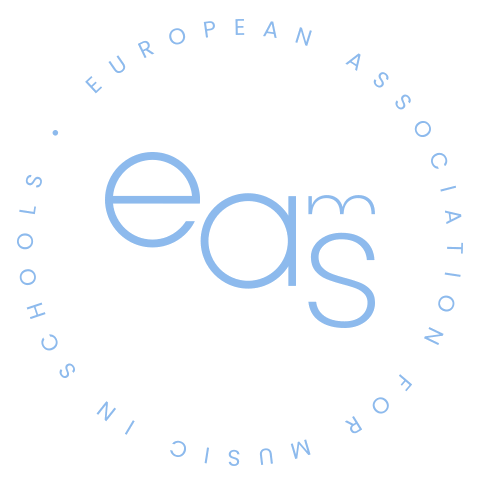Conference Agenda
Overview and details of the sessions of this conference. Please select a date or location to show only sessions at that day or location. Please select a single session for detailed view (with abstracts and downloads if available).
|
Session Overview |
| Session | ||
Workshops - Inclusivity and Diversity
| ||
| Presentations | ||
Unlocking Music Pedagogy in Special Schools 1Sheffield Hallam University, United Kingdom; 2Wakefield Council, United Kingdom Despite the challenges that music teaching presents to teachers in special schools, there is a distinct lack of research-informed discussion regarding Special Educational Needs and Disabilities (SEND) music pedagogy. Much of the available research that connects disability and music is from the fields of music therapy, music psychology and neuroscience, and is not aimed at or particularly accessible for teachers. There is also a lack of professional, practical guidance that illustrates effective approaches to practical music teaching that are specific enough to address the degree of severe and profound learning difficulty that pupils in special schools typically present with (Ockelford, 2008). Based on a doctoral research thesis that examined the efficacy of a skills-based, classroom-based teacher development model in SEND music in the UK, this workshop shares practical examples and suggestions of the Pedagogical Content Knowledge (PCK) required for teaching music to pupils with SEND. Findings from the research thesis indicate that SEND music pedagogy mirrors Early Years music pedagogy (Bremmer, 2021) to some degree, particularly in its child-centred approach. Practical examples will highlight the importance of teachers:
This workshop and the doctoral research it is drawn from provides a unique insight into SEND music pedagogy that has the potential to inform teacher development models in music for special school teachers on a larger scale. At present, this is not commonly offered in professional or academic training. Accessible Music Education: Tools to Reach Every Student Berklee College of Music, United States of America The population of students in today’s learning settings has become increasingly diverse in a number of ways, including how they learn best. While music educators are expected and required to find ways to reach every student, they have received little training or support in pedagogical approaches that include all learners. This has led to a great deal of frustration among educators, who find themselves struggling to engage and include students with disabilities and diagnoses. It has also led to far too many missed opportunities for student learning. The interdisciplinary field of accessible music education addresses this need by training and supporting music educators in pedagogical approaches that combine evidence-based practices and principles from special education with evidence-based teaching strategies in music education. Accessible music pedagogy gives music teachers the tools that they need to reach every student in music lessons, classes, and ensembles, no matter how they learn best. The Berklee Institute for Accessible Arts Education (BIAAE) in Boston, Massachusetts, USA provides a wide range of professional development resources, workshops, programs, and consultations in accessible music education. Through presentation, activities, and facilitated discussion, this workshop will introduce attendees to accessible music education pedagogy. Participants will experience some of the ways that music educators learn about key concepts that are the foundation of accessible music education pedagogy, as well as about overarching principles from special education that they can incorporate into planning, implementing, and assessing music learning. Through hands-on activities, attendees will engage with some of the specific pedagogical strategies of accessible music education that music educators experience in professional development sessions and courses. Participating in and thinking deeply about professional development for music educators in accessible arts education will provide a springboard for discussion about ways that the field can better prepare and support music educators to reach every student. | ||
